Important: This is NOT legal advice – this is a philosophical exploration.
In the preceding 2 articles, we have established what our inherent rights are and that there is a difference between Natural Law and Man-made Law / the legal system (if you haven’t, read them first).
Quick recap:
Spiritual & Natural Law is based on objective / universal truth, morality & property rights and karmically binding (reality), while man-made law (if it diverts from Natural Law) is only binding if you consent (fiction).
Logical conclusion:
If a man-made law, contract, statute, policy, (but also any interaction, behaviour, attitude etc.) diverts from Natural Law it is karmically not binding, therefore always requires our consent and is literally nothing else than a subjective agreement. Because, if man-made law diverts from Natural Law and is imposed without our consent, it is blasphemy:
“Blasphemy is when our subjective preferences, which are the jurisdiction of agreements, are held equal to objective truth and natural law. Policy and statute laws that are made without our consent, and then treated as objectively moral laws, such as involuntary taxes, as well as mandatory mask and vaccination statutes, are blasphemous. There must be a victim for there to be an objective crime, therefore it is merely a subjective offence without any merit, and requires consent.“
Nathan Martin, The Unity Process
Let’s explore this further.
Commercial Law – the domain of subjective agreements
It seems that this is exactly how most states/corporations are set up: We, as man or woman, consent (mostly unknowingly) into being identified as persons / citizens (fictive legal titles) subject to Commercial Law, which has its origin in the Lex Mercatoria (or Law Merchant) tracing back to the Phoenicians and the Code of Hammurabi of ancient Babylon:
An integrated body of law that was voluntarily produced, adjudicated and enforced on a voluntary basis, alleviating the friction stemming from the diverse backgrounds and local traditions of the participants.[…] It emphasized contractual freedom and inalienability of property, while shunning legal technicalities and deciding cases ex aequo et bono.
Lex Mercatoria, Wikipedia
For more background about ‘Law Merchant’ and how it seems to be interweaved / underlying the legal system, listen to this great interview with Cal Washington the co-founder of InPower!
You are currently viewing a placeholder content from YouTube. To access the actual content, click the button below. Please note that doing so will share data with third-party providers.
More InformationSo it is literally a voluntary framework based on voluntary consent. Meaning:
- We always have the right to negotiate and renegotiate the terms of our subjective agreements.
- The right to renegotiate the terms of our subjective agreements is a natural right based upon natural law.
Let’s look deeper into how subjective agreements (or contracts as another term) actually work: What constitutes an agreement? How does one actually consent (or not) to offers being made?
Anatomy of an agreement
1. Offer
Every man-made law, contract, statute, policy, contract etc. which is NOT aligned with Natural Law, is karmically & often practically an offer to a subjective agreement! It does not matter how it is perceived or being communicated (“this is mandatory” / “this is law”).
“The offenders, the ones making the offers, understand that policies are not objective laws, and are therefore governed by the laws of consent, and they leave loopholes for those who do not consent to discover, as this allows for their agendas to move forward with the blessing of the karmic laws of the universe.”
Nathan Martin, The Unity Process
The big problem, we are not aware of most offers being made to us as they are disguised.
2. Full disclosure of terms / responsibilities
“Without a full disclosure of terms, the agreement is fraudulent and can be torn up. Most agreements today are fraudulent, because most of the terms are concealed. Buyer beware, because people do not do their “due diligence” in advance to making agreements with the predatory class, they behave as if it is binding, and therefore it is binding upon them. It is a self-fulfilling prophecy due to their own ignorance. The elite counts on this ignorance and lack of due diligence to further their agendas.”
Nathan Martin, The Unity Process
3. Negotiation of terms / responsibilities
This is saying “yes, but” and negotiating by stating your terms and the liabilities/responsibilities under which you would consent to the offer that was made to you. Then it is up to the offeror (offender might often be more appropriate) to either withdraw the offer, accept your terms or make a new offer.
4. Agreement based in consent of both parties
There are different forms of consent:
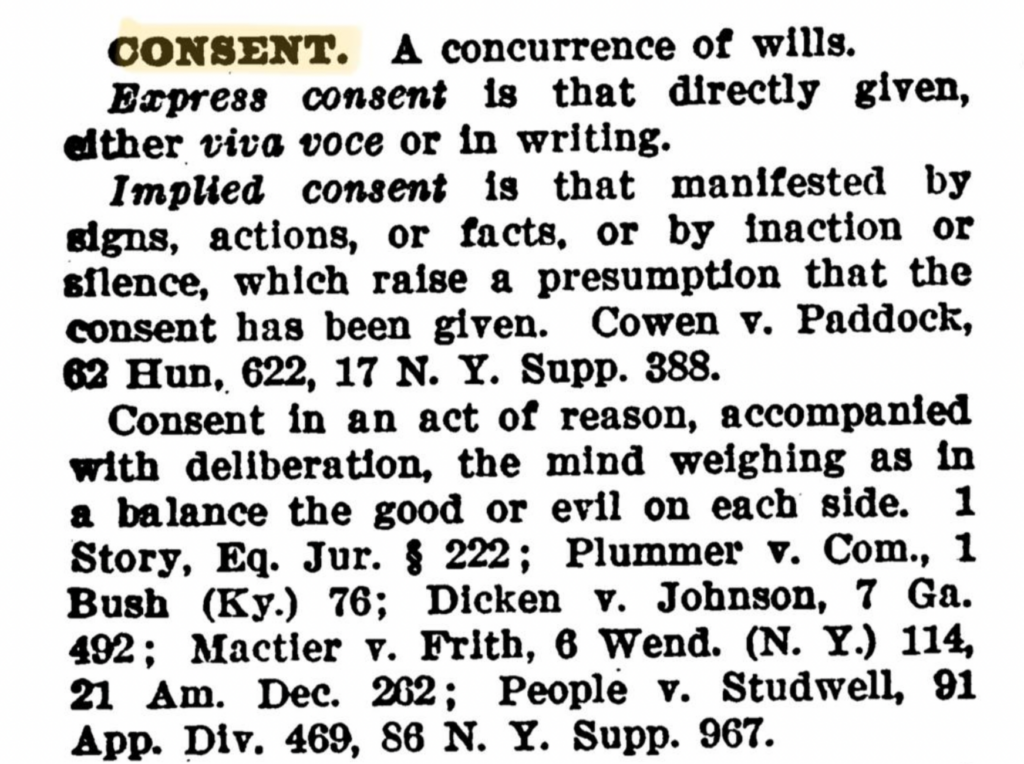
Explicit/Express consent
When one party understands the terms, has negotiated in good faith, and has accepted them, either through a full acceptance (“Yes”) or through a conditional acceptance (“Yes, but”).
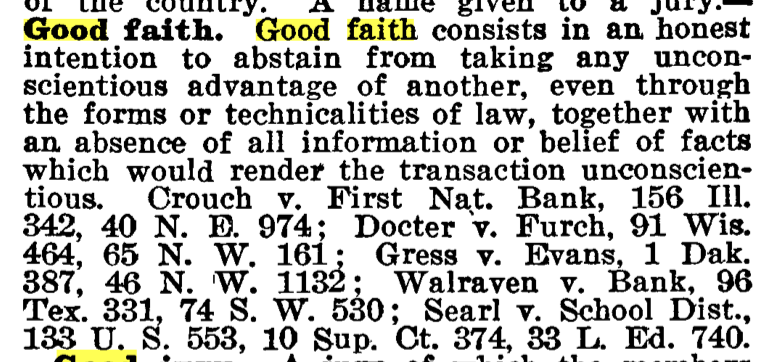
Implied Consent
When one party suffers through (tolerates) a behaviour, it is considered implied consent. The action of suffering/tolerating the “offer” implies consent to it, because they had the power to remove themselves from the situation but didn’t.
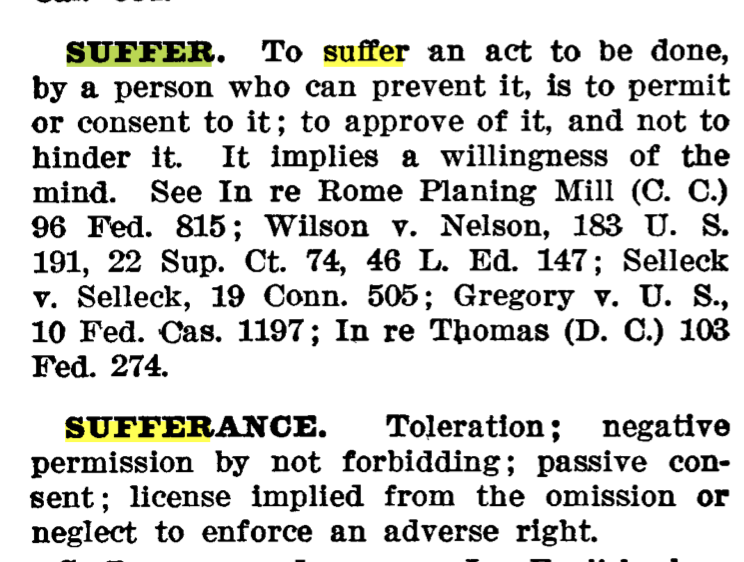
Tacit consent
is made through the silence of the party who received the offer. Ignoring and not responding to an offer is considered to have consented to it. Ignorance is not bliss. Tacit and implied are similar, but there seems to be a distinction when you get down into the nuance of the matter. It can be used interchangeably, but can also be differentiated.
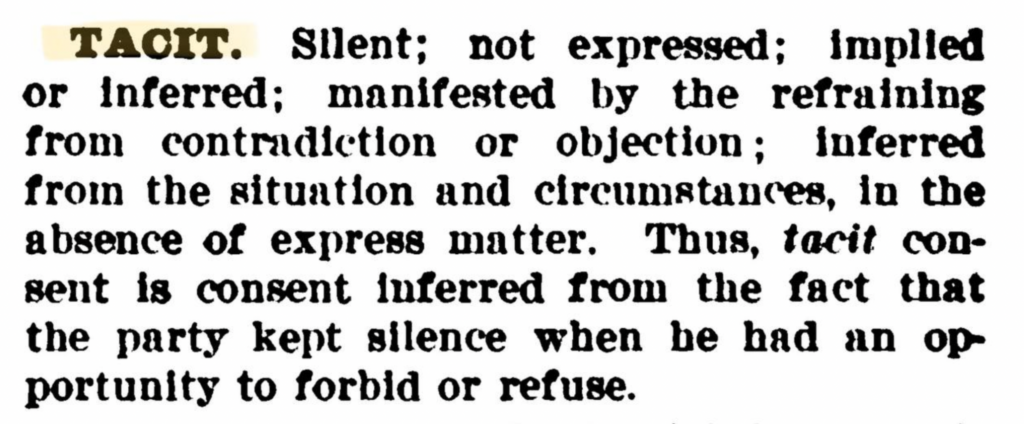
“No” = Implied consent
“In standard law, one can “refuse” something, however, in Lex Mercatoria, which is the hidden underlying form of law that stems from the Phonecians, known as the “law of the sea”, there is no such thing as “no”. As “no” is not recognized as a valid form of withholding consent. Resisting and saying “no” is still considered implied consent to the offer being made, because they had the opportunity to respond with a conditional acceptance, and yet didn’t do so.”
Nathan Martin, The Unity Process
At first that might seem counterintuitive but thats how it seems to work. Cal Washington, the Co-founder of InPower (Watch this presentation to learn more about it) has worked his way out of legal offers through conditional acceptance or ‘Notices of Liability’ (“Yes, but”-> see Negotiation of terms / responsibilities above). (Until now I have not been able to verify that myself through legal definitions, a few definitions below – suggestions welcome).
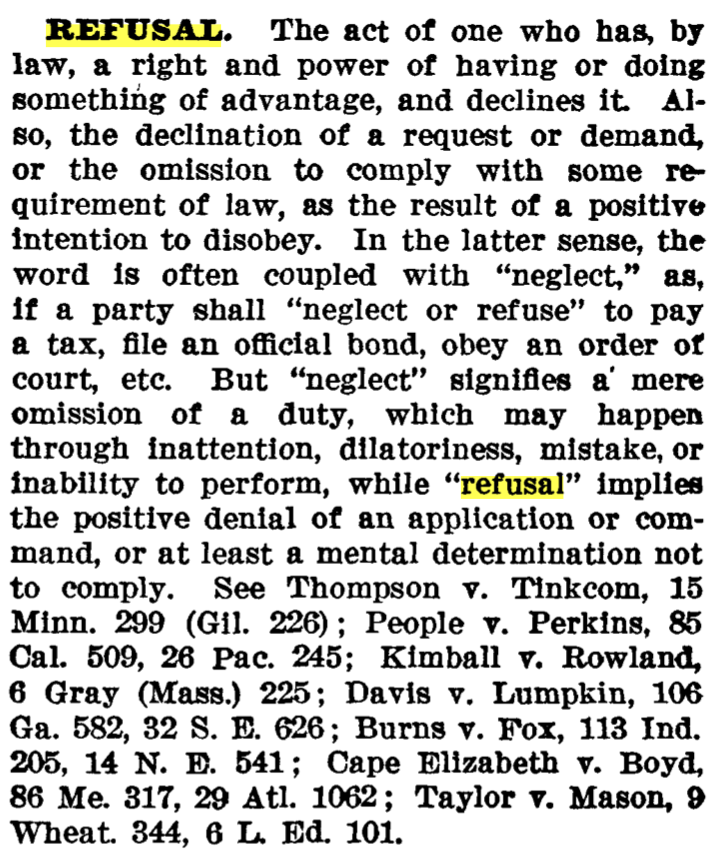
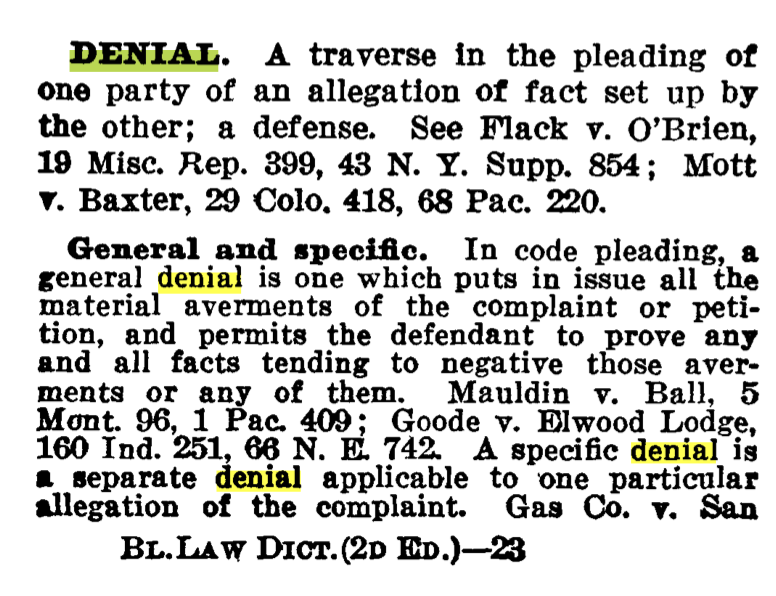

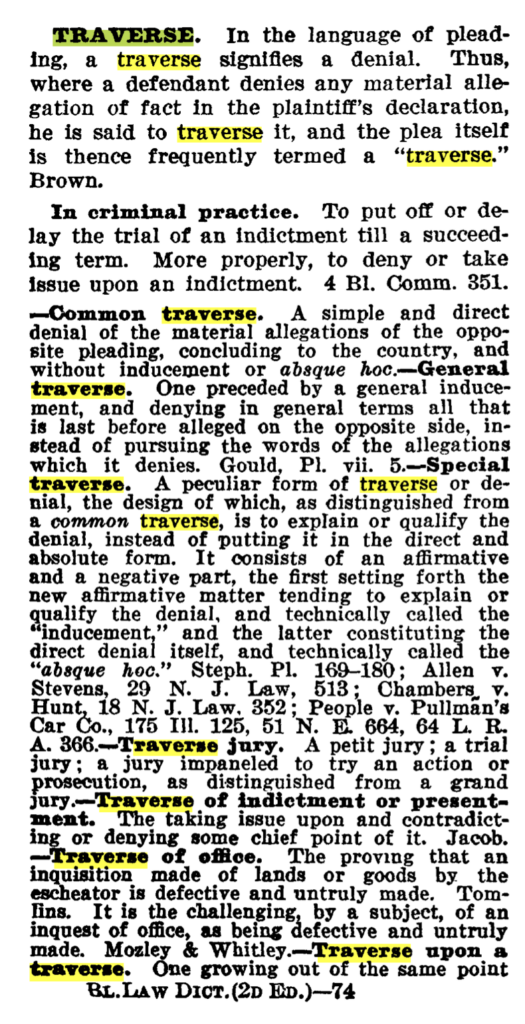
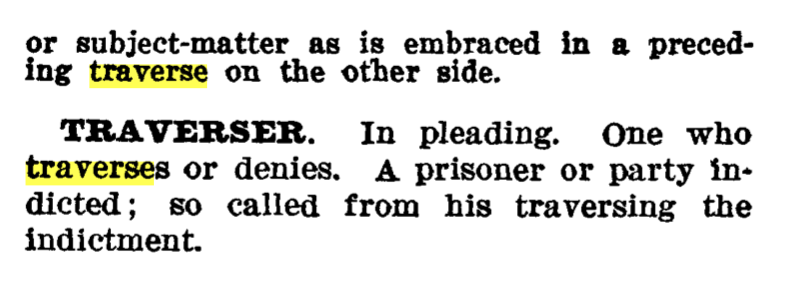
5. (Possibly) Renegotiation of terms / Responsibilities
“In agreements, terms can be renegotiated at any time especially if there was no full disclosure of terms. However, to enter into an agreement with the intent of renegotiating down the line to get a more favourable set of terms is dishonest, and not negotiating in good faith. As we change, our terms can change, but we should never agree to something with the intent to change it down the road, as that is not an upfront disclosure of terms, but fraud. And obviously not aligned with objective truth and natural law.”
Nathan Martin, The Unity Process
6. DELIVERY OF SERVICE / PRODUCT
Conclusion
Important to consider: all interactions involving another being are ultimately offers, and if we consent we are karmically bound (until we renegotiate). It does not even matter, if:
- We actually noticed that an offer has been made to us
- We ignored it
we are literally suffering (by tolerating) the consequences.
“Suffering is optional” becomes a whole new meaning. Also being intolerant seems the right thing to do! The interesting question then:
How to stop suffering exactly & become intolerant?
First of all, the way to refuse respectively to not accept the proposed offer, differs depending on the kind of offer, which can be divided into 2 groups:
All Offers: are energetic/mental & karmic
- Subject: To Natural Law
- Planes: Mental & Physical
- Examples: Literally every interaction that involves another being.
- Relationships, accusations, behaviours, attitudes, mental / astral projections
- Man-made laws & contracts, statutes, policies
- Refusal:
- “No”: Here, of course we indeed can say NO to not consent! And it is an important step to learn doing that if you haven’t (Thesis-Antithesis).
- “Yes, but”: Learning to define & set boundaries in that way might be more energy effective & efficient (Synthesis) as you are redirecting the opponent’s attack momentum instead of taking it on through confronting (energetic aikido).
- Expression: Mental, verbal, written
Some offers: are also legal
- Subject: To Natural Law & Man-made Law / Legal system (e.g. Commercial Law)
- Planes: Physical
- Examples: Man-made laws, contracts, statutes, policies
- Refusal: “Yes, but”: A conditional acceptance (e.g. ‘Notice of Liability’) seems the way to only enter into beneficial agreements within the legal framework.
- Expression: Written (the correct form is absolutely relevant)
Note: We need to have an existing contractual relationship otherwise above seems not to be relevant (e.g. the supermarket’s advertisement is not an offer). However, e.g. with governments we have existing contractual relationships through implied consent (e.g. by using drivers licence, personal ids / passports) and we cant therefore reject offers within the legal system but only conditionally accept them. (In that regard, it’s more appropriate to speak of an extension of an existing contract than entering into a new one.
Solution
We need to:
Become aware
First of all we need to recognise the offers being made to us to then consider with what terms we actually would like to enter an agreement with the other party (or outright refuse them if we can & want). Most offers are disguised on purpose, that’s why awareness is key!
It may be also a good thing to do an inventory of existing agreements and consider a renegotiation depending on the situation.
Negotiate terms / conditional acceptance:
Defining boundaries: We need to explicitly set terms & define responsibilities as conditional acceptance (“Yes, but”) to give the karmic load back by not resisting the offer.
Expressing boundaries: That can either be done
- Mental plane: purely energetically / mentally (as that is where the cause of physical effects is: ‘Law of Cause of Effect’) and / or
- Physical plane: verbally and / or written. If it is a legal offer, the written form matters and knowledge is required (beyond the scope of this article).
Depending on your own awareness and alignment with Natural Law, 1) and / or 2) will be more or less straightforward.
Above might sound technical and boring at first – but it is absolutely fundamental on the journey to Free Will & Freedom!! And incredibly powerful! There is no freedom within duality without boundaries. ZERO!
As empowerment means think for yourself – this is an invitation to explore this topic with me!
It is NOT legal advice but a philosophical exploration!
Setting boundaries
To learn more watch this great conversation with Nathan Martin about Natural & Commercial Law and how its understanding enables true boundaries & how to define them! And definitely check his great blog with further articles!
You are currently viewing a placeholder content from YouTube. To access the actual content, click the button below. Please note that doing so will share data with third-party providers.
More Information